Your Portal to Aquatic Discovery
From Microcosm Aquarium Explorer
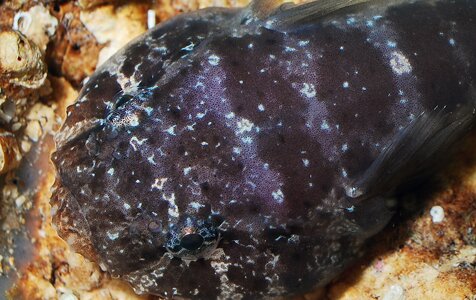
- Breeding the Stippled Clingfish Felicia McCaulley
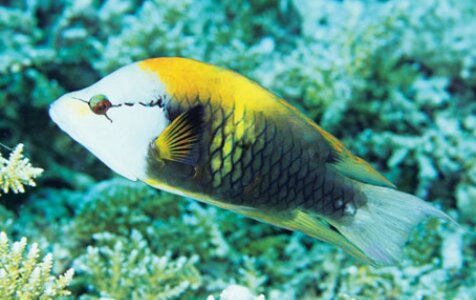
- Slingjaw Wrasse: Species Profile of a Fascinating Predator. Scott W. Michael
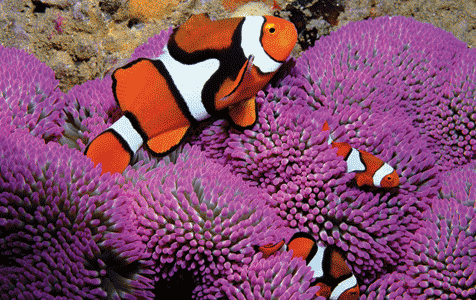
- Losing Nemo: Researchers look at ocean acidification and vulnerable clownfishes. Scott W. Michael
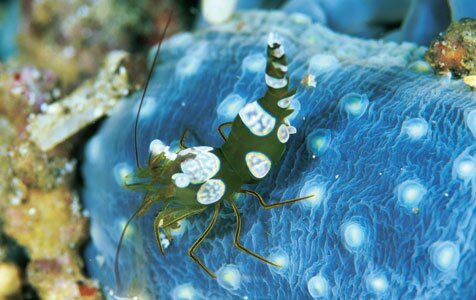
- Sexy Shrimp, a hardy, ideal nano-reef invertebrate. Scott W. Michael
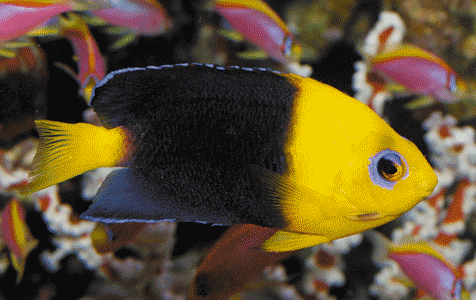
- Rare Indian Ocean species: Cocos Pygmy Angelfish Inken Krause/CORAL Magazine
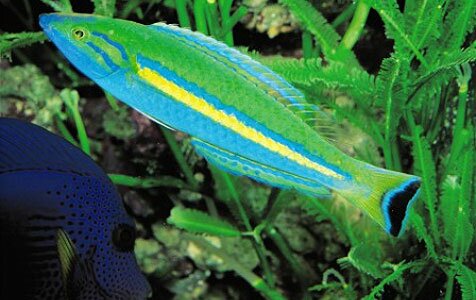
- Smalltail Pencil Wrasse: Spectacular colors, but not for beginners. Scott W. Michael
WELCOME TO REEF to RAINFOREST MEDIA
Home of AMAZONAS, CORAL, and MICROCOSM
Losing Nemo
When Nemo, the cartoon clownfish, leaves the safety of his trusted anemone, his friends and his senses help him find his way home again. But what if something interferes with Nemo’s sensing ability, and he can’t find his way back, ever? New research points to a scenario in which this is both possible and probable. Read more...
Sexy Shrimp Profile
This is a tiny shrimp that would fit comfortably on your thumbnail. It is a hardy, wonderful little animal especially suited to small and nano aquariums without large, predatory fishes. In nature it is found living with sea anemones and large-polyped stony corals. They are fond of Bubble Corals and Euphyllia spp., for example.Read more...
Martin Moe Reports Breakthrough in Captive Breeding of Threatened Diadema Urchins
"I am encouraged! Over the last 3 years I have been working intensively to develop a process for the mass culture of the long-spined sea urchin, Diadema antillarum, the key herbivore of the tropical western Atlantic coral reefs.
"As you know, before the plague of 1983, this urchin maintained the ecological balance between coral growth and macro algae growth on our Atlantic reefs and also conditioned the limestone substrates to better accept settlement of coral and other invertebrates. Ecological restoration of western Atlantic coral reefs depends in large measure on the return of Diadema in ecologically functional numbers. This may/should eventually occur naturally as pioneer populations increase and expand, but natural restoration has been limited and spotty over the last 29 years.Read more...











